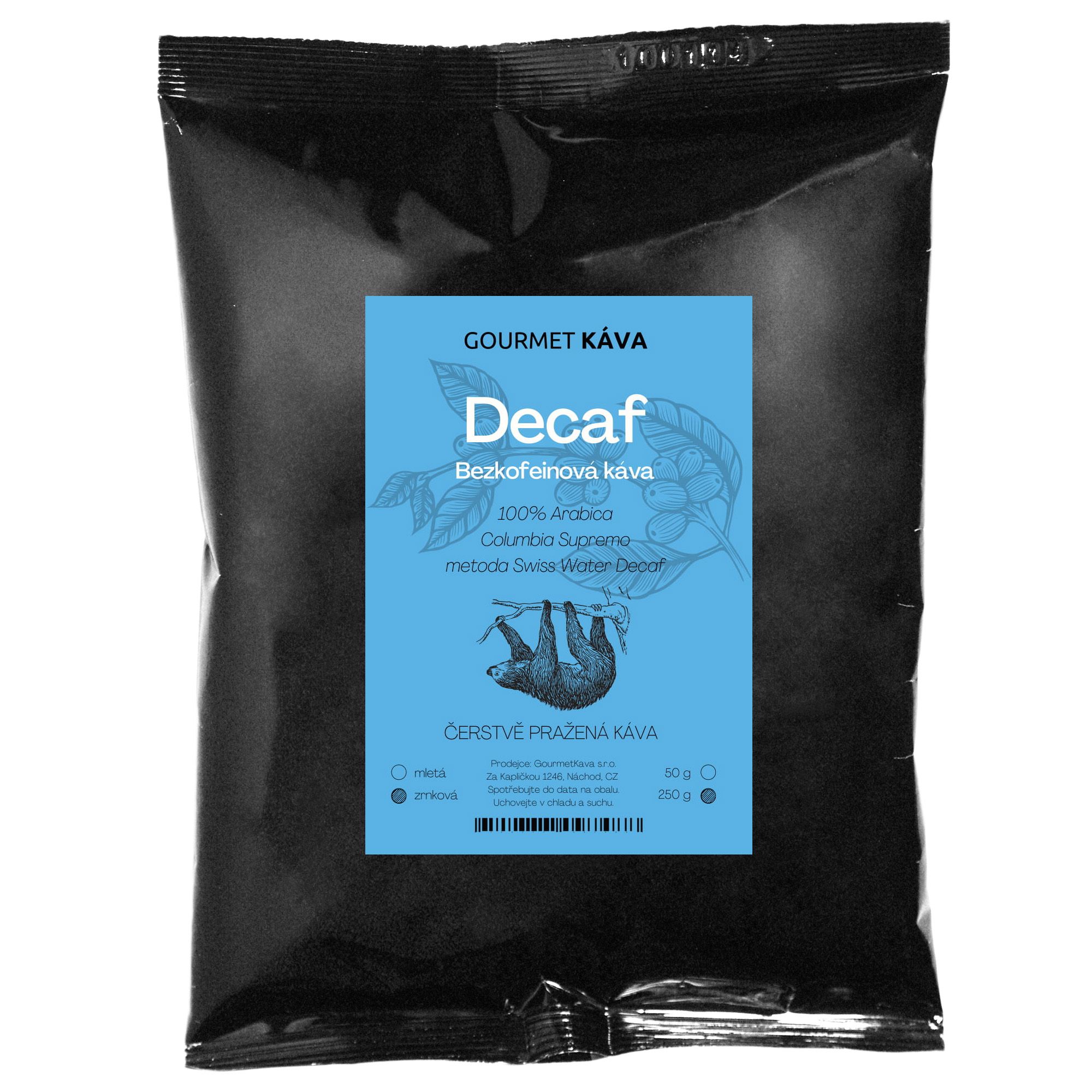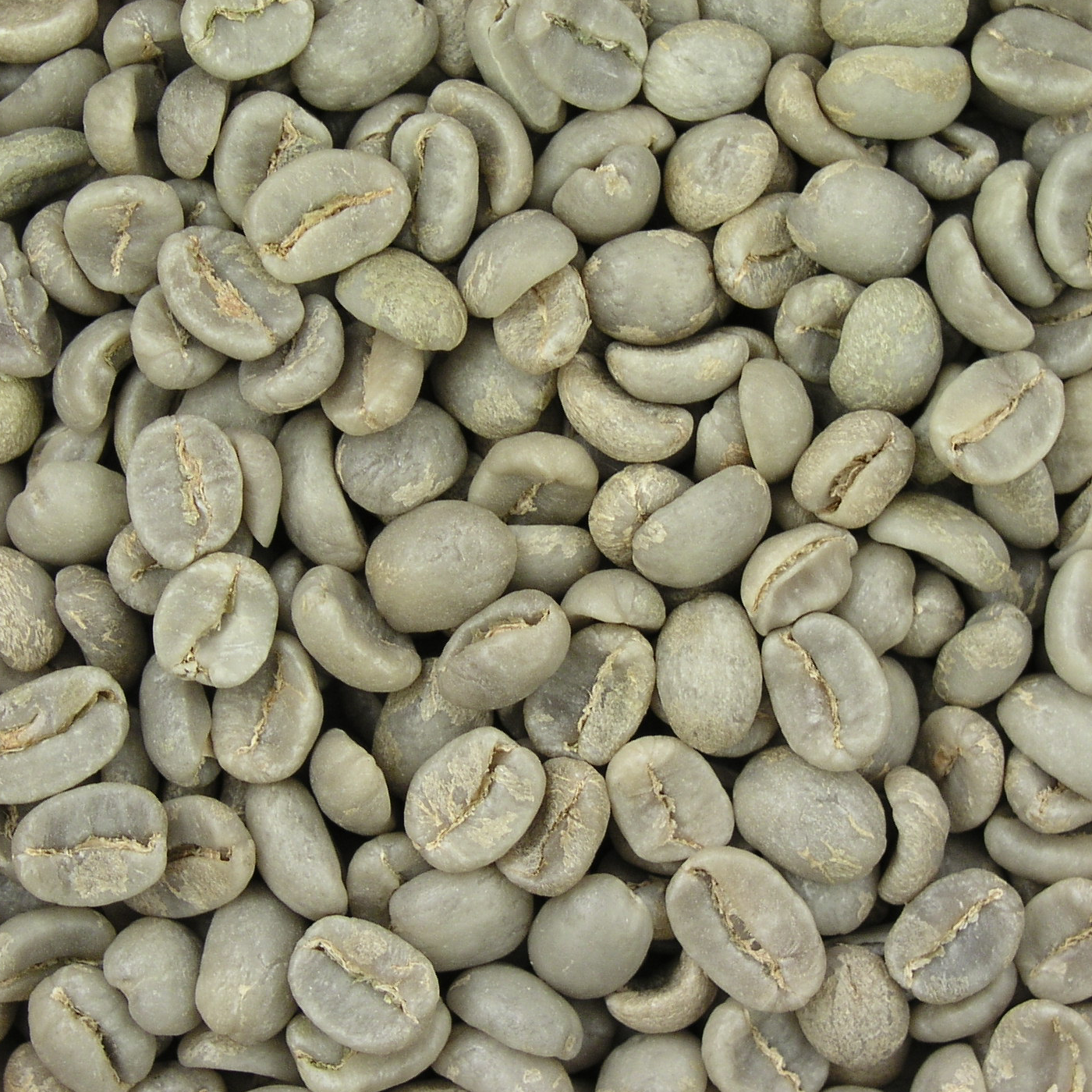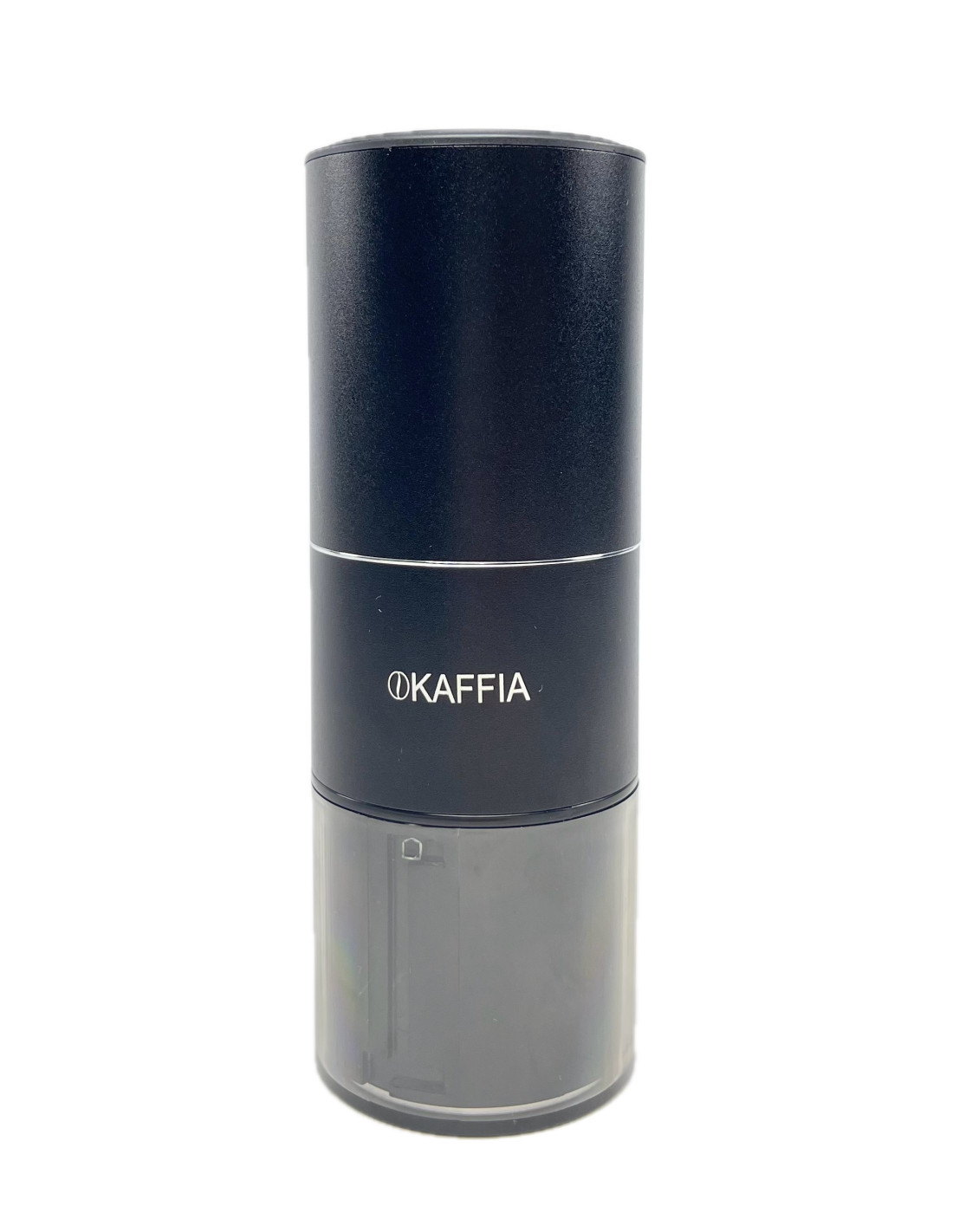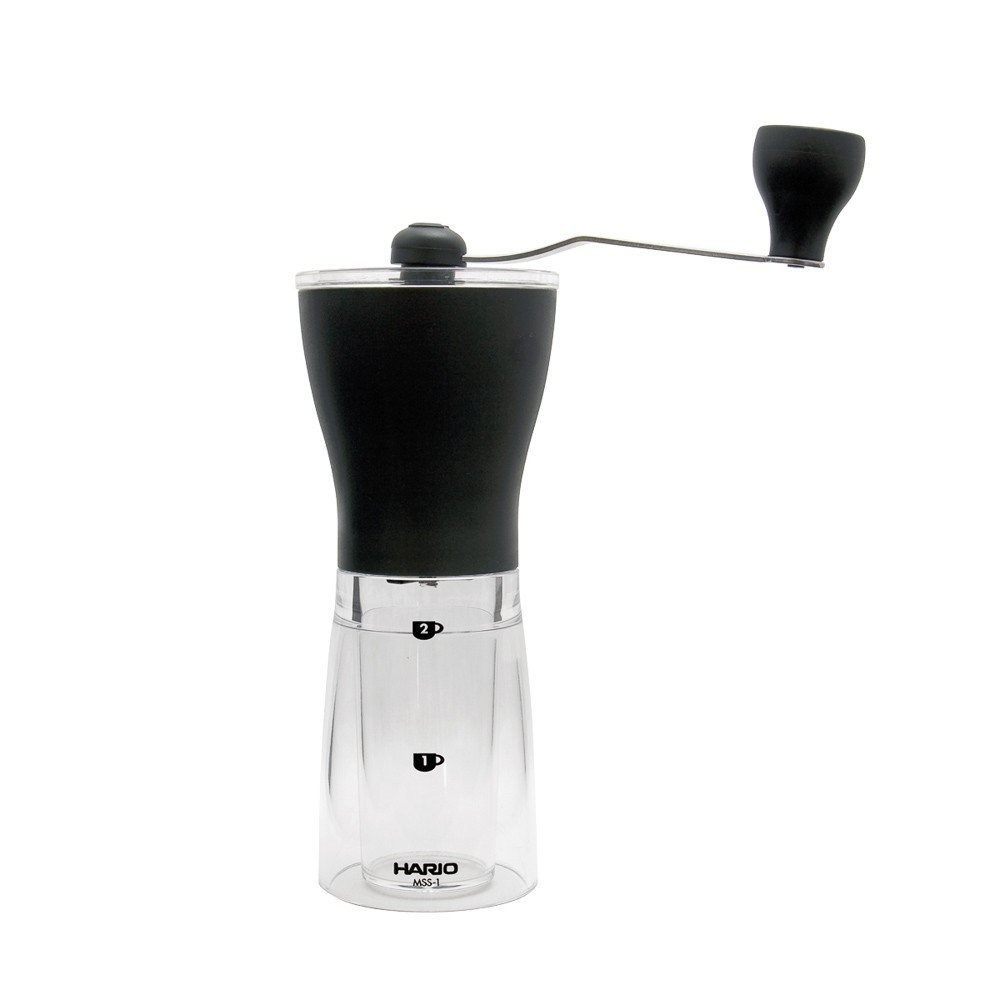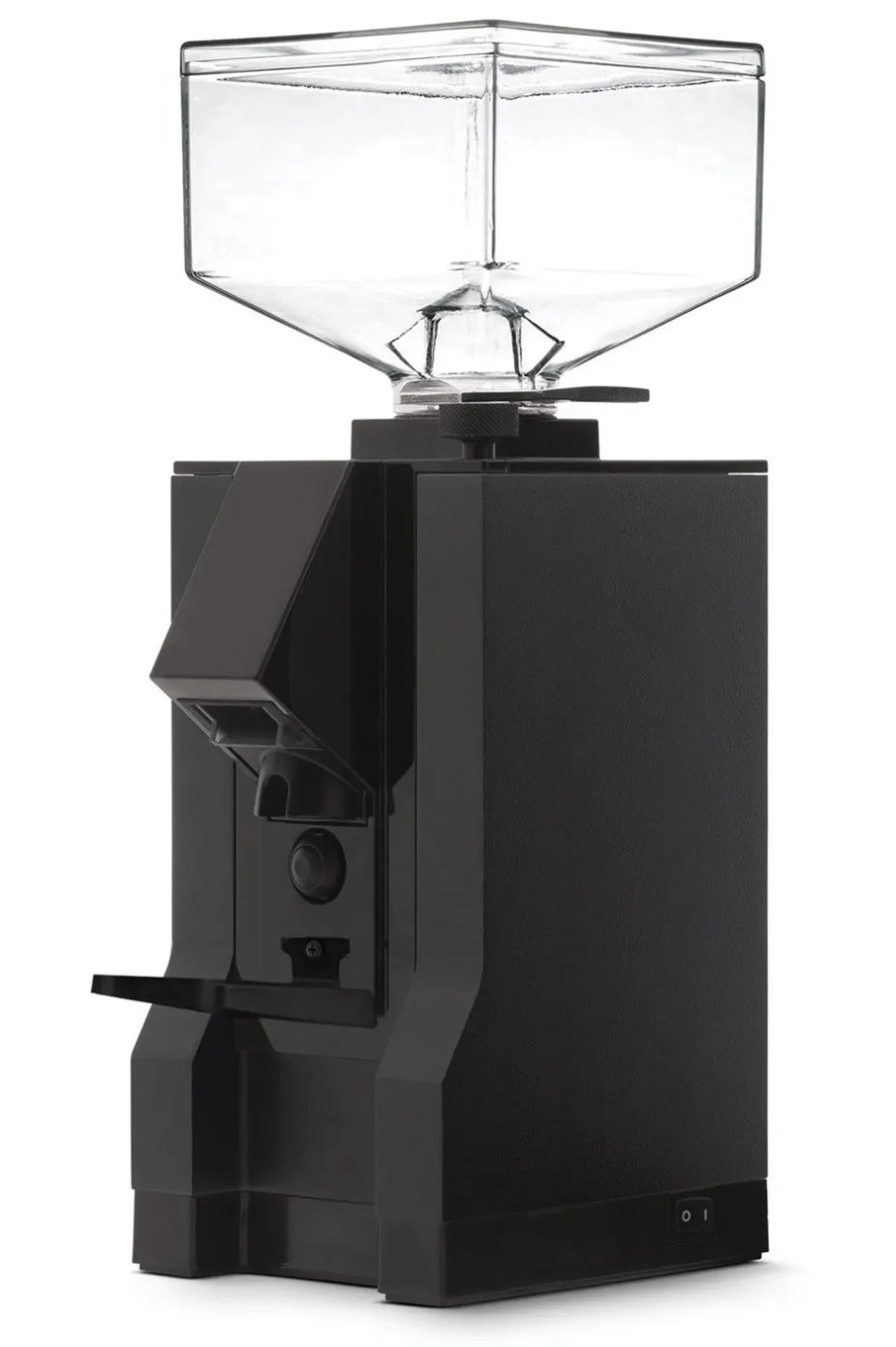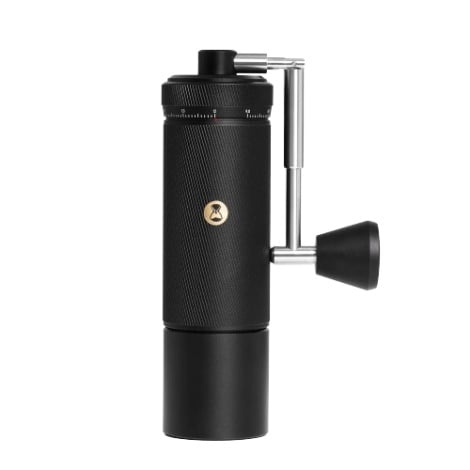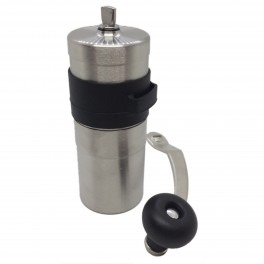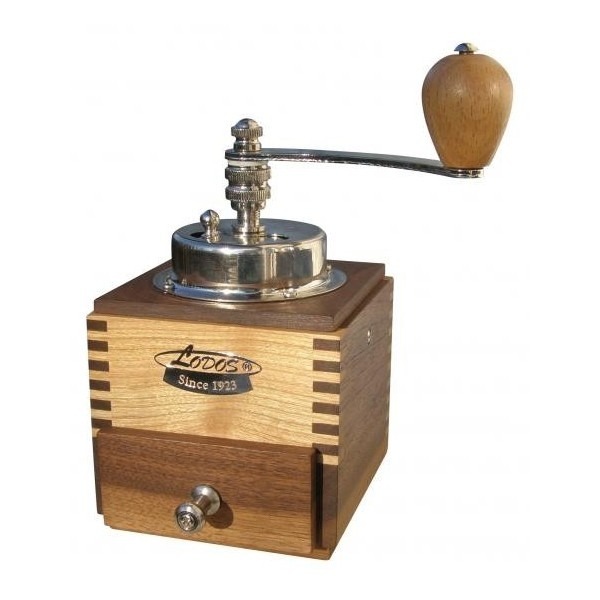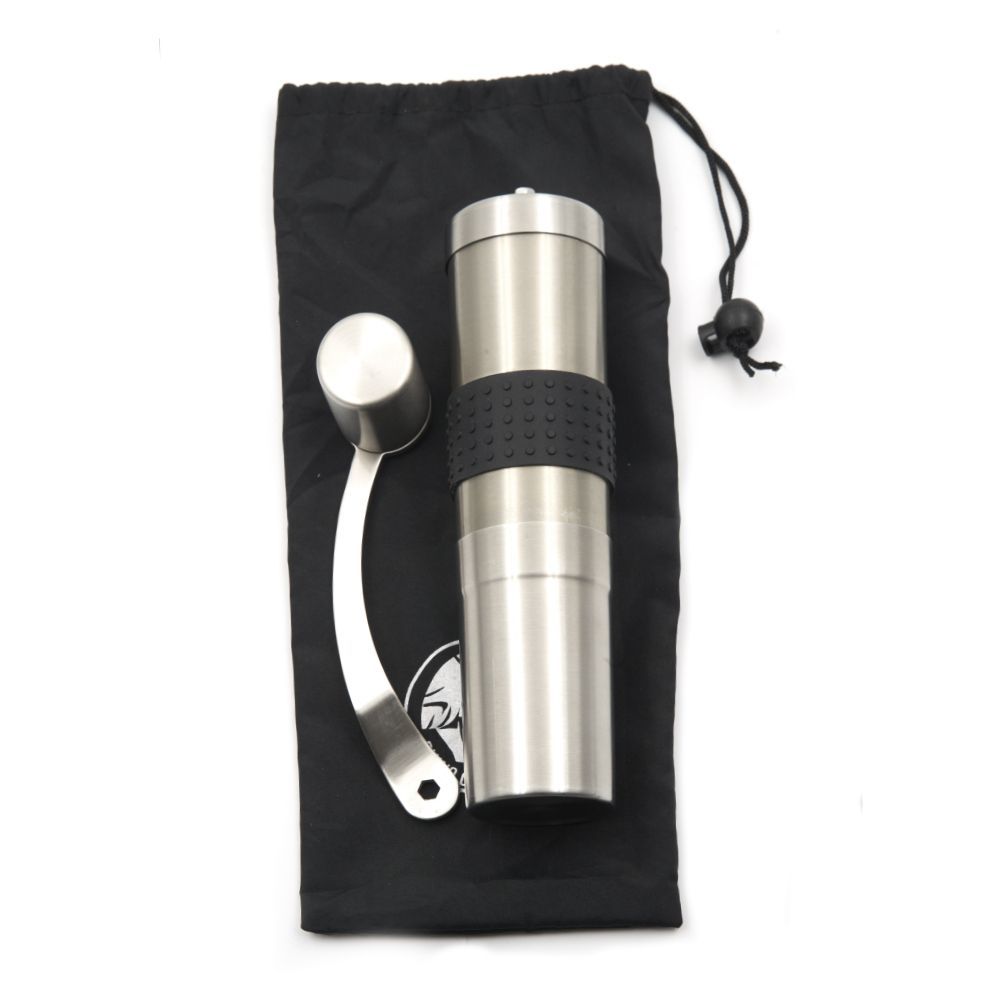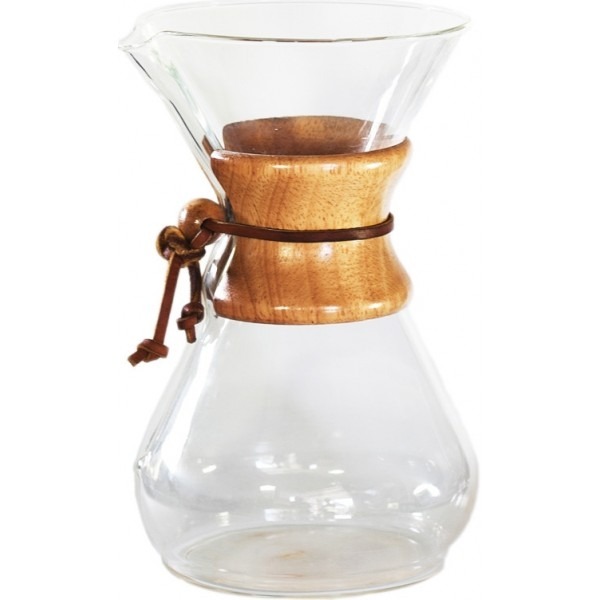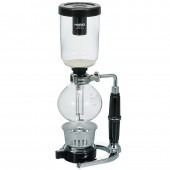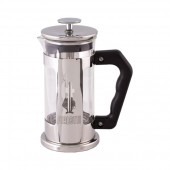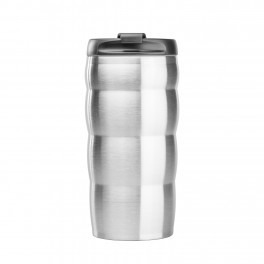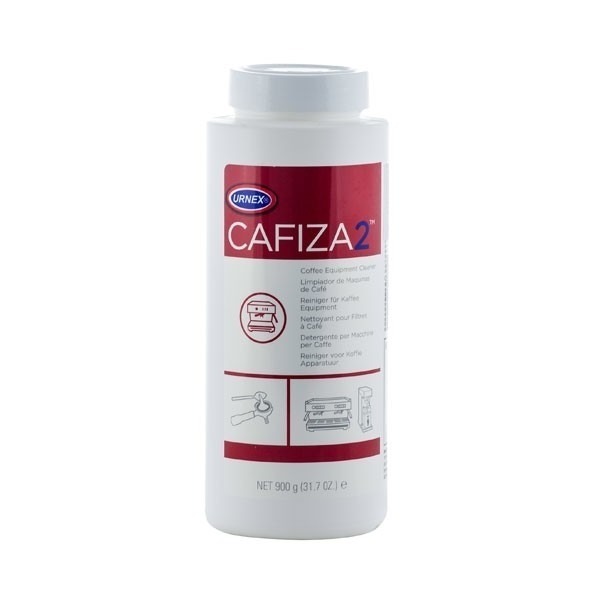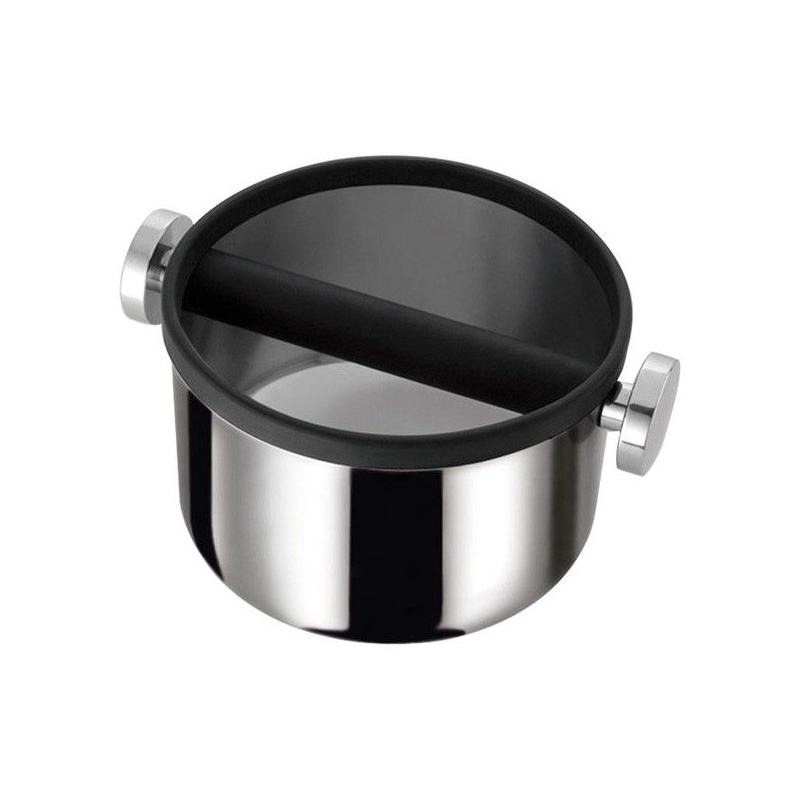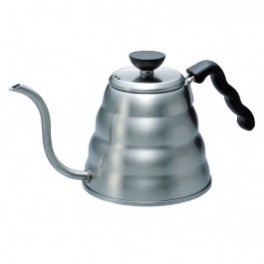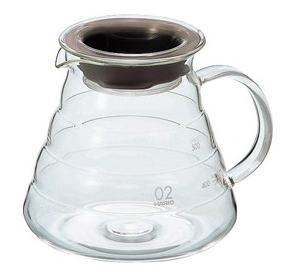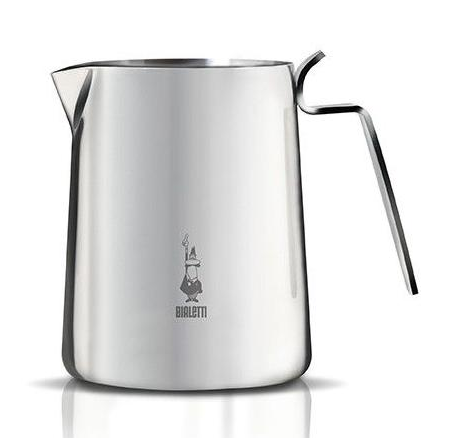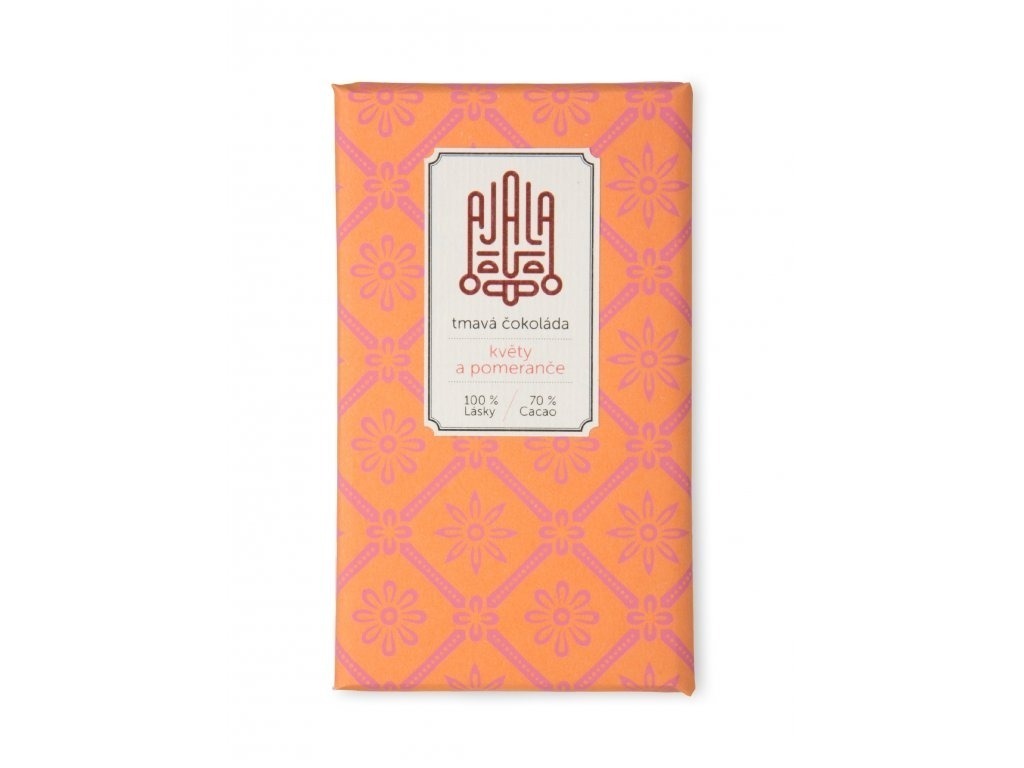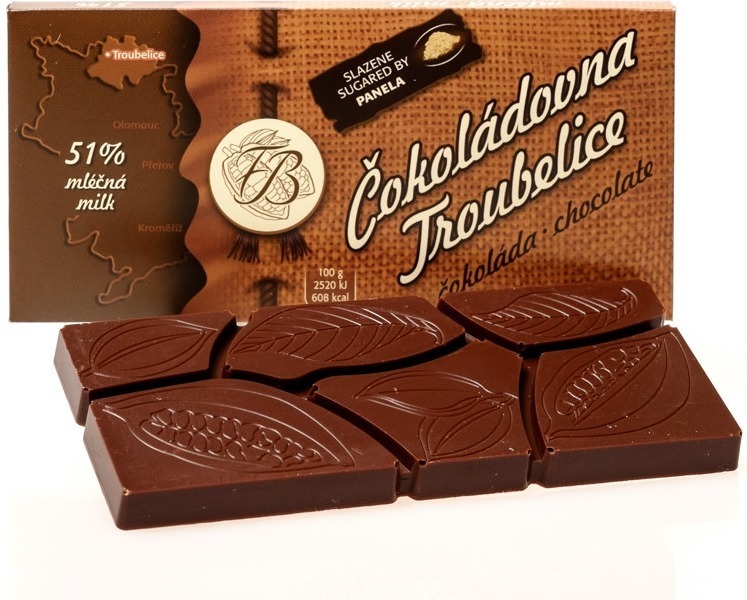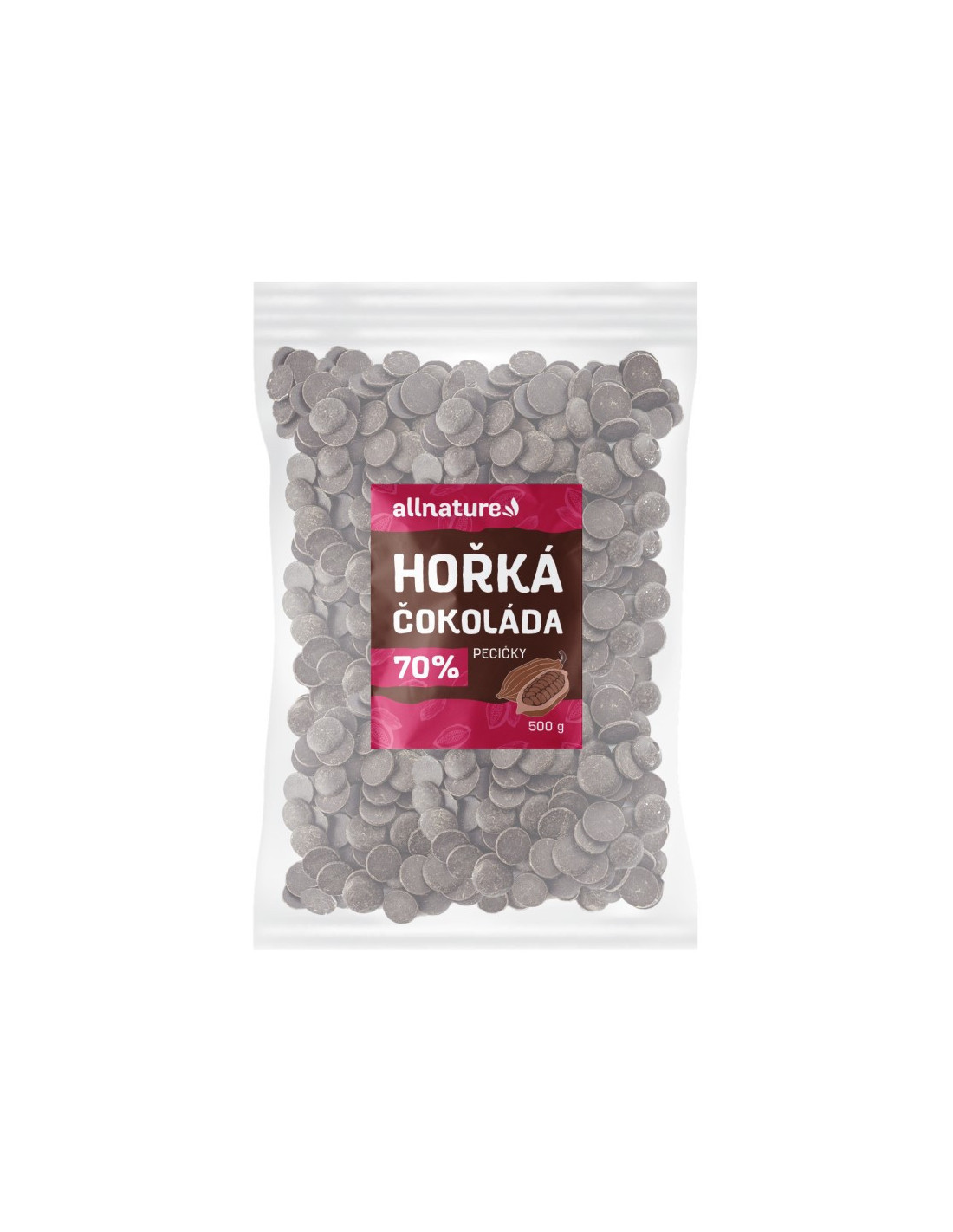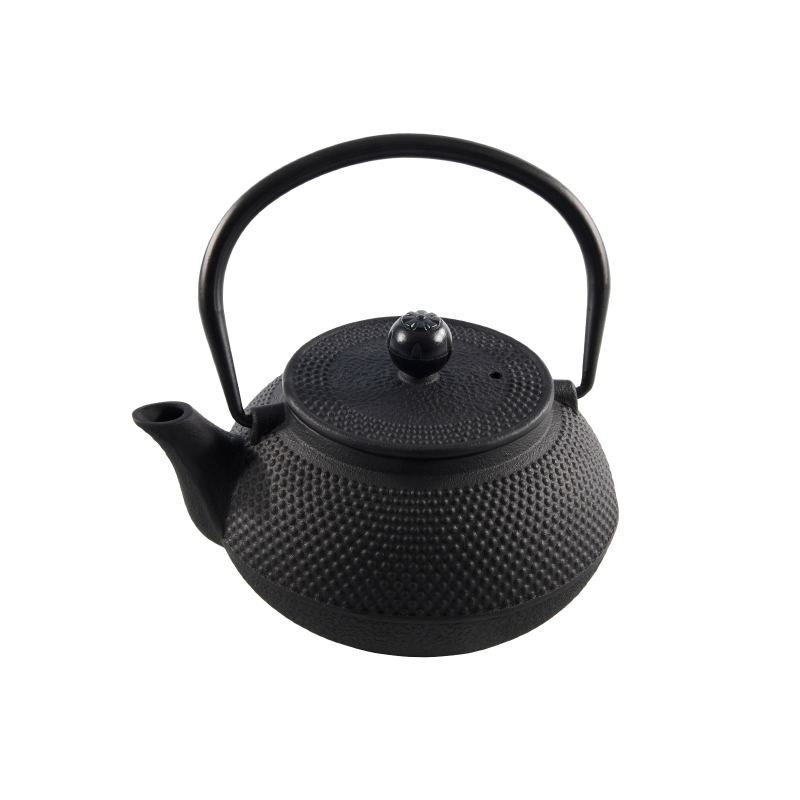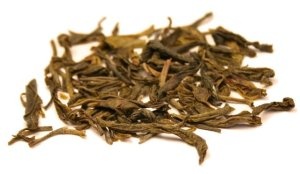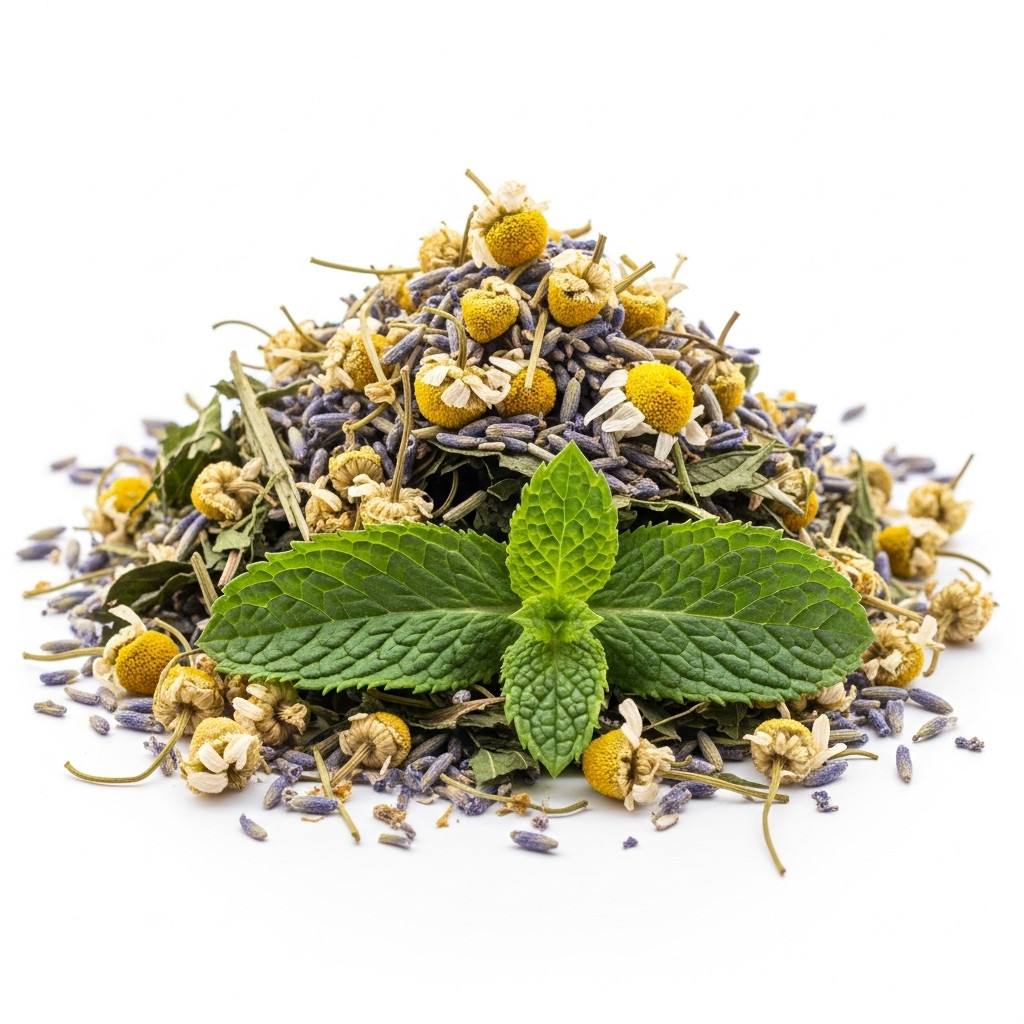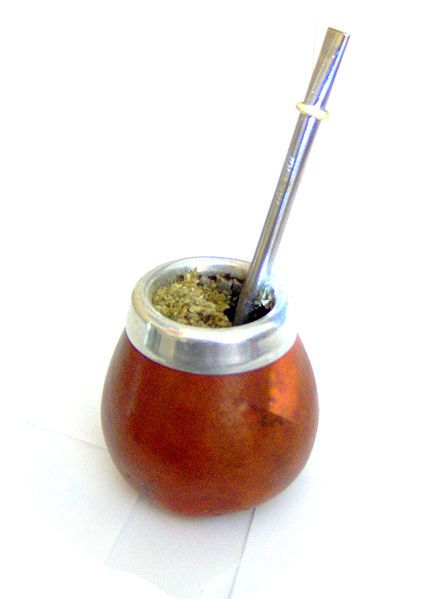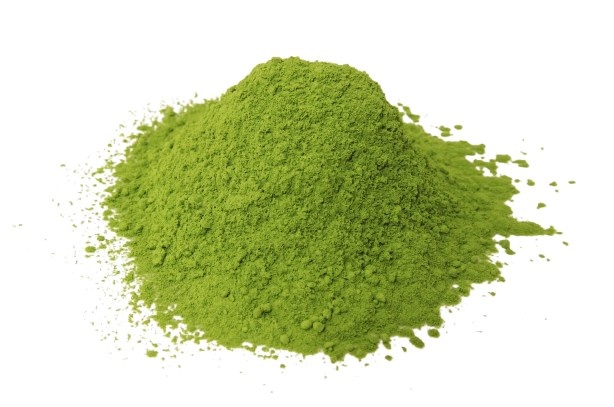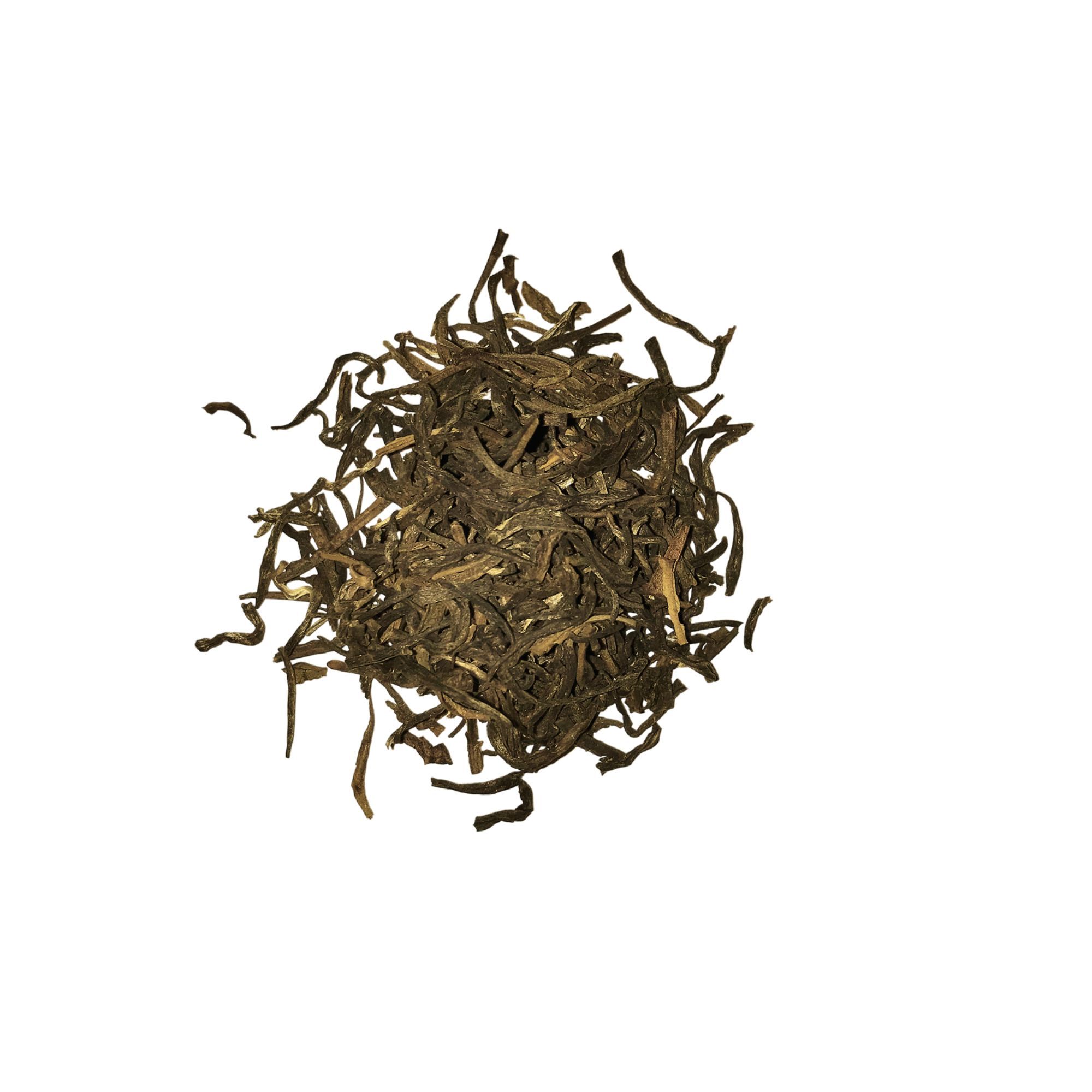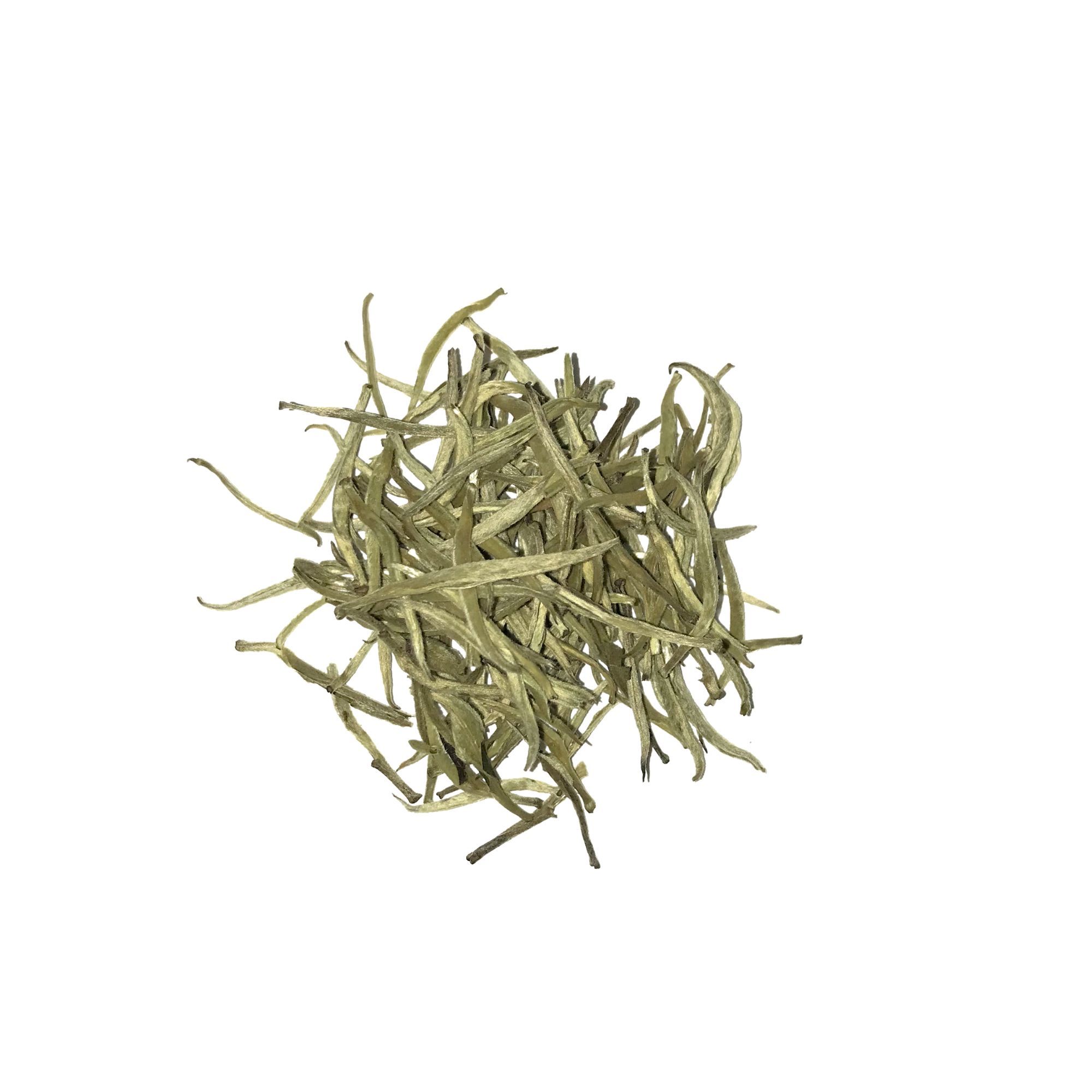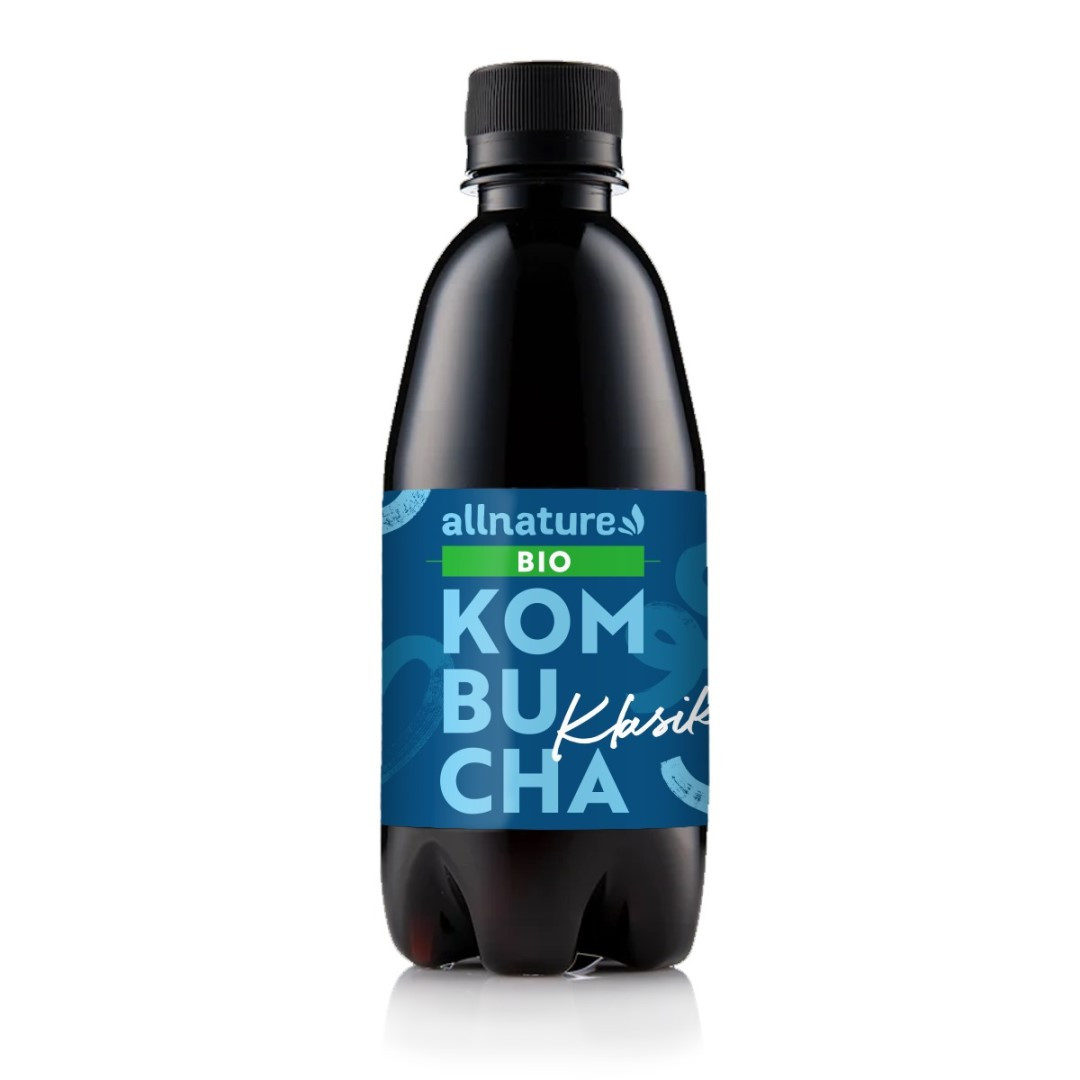Fathers Coffee Kenya Gititu AA 300g
Taste great coffee from Ostrava's Father's Coffee roastery.
REBARBORA - VANILKA - COCA-COLA
This year's first Kenya from Fathers comes from the Gitutu processing station, located in the Nyeri region. The plant itself, as processing stations in Kenya are called, is located at the foot of Mt. Kenya. This lot, labelled AA, which in the Kenyan system indicates the largest bean size and therefore the highest quality, does not have the typical profile of coffees for this country. Gitutu AA coffee is characterised by a rather higher sweetness, juicy body and spicy notes of vanilla or cola.
PRODUCER - The Gitutu plant is owned by the Aghuti Farmers' Cooperative Society, which owns two other plants - Thageini and Kagumo. More than 800 smallholder farmers collect and bring their cherries daily during the harvest to Gitutu's processing plant, where they are carefully sorted by quality and farmers are paid according to the weight of cherries at that quality level.
PROCESSING - At the Gitutu processing station, the cherries are processed using the typical Kenyan method of washing. After sorting, the cherries are soaked in tanks where those with a higher density drop to the bottom of the tank and the so-called m'buni's (unripe cherries) are removed. The cherries are then peeled on mechanical peelers and transferred to the first fermentation tank, where they spend approximately 24 hours. They are then washed again and transferred to another tank for 12-24 hours, where they ferment again. After this stage, the cherries are put into the washing channels where they are again separated from the floaters (grains with less density) and the mushy pulp is removed. The grains are then immersed in the tanks under clean water for a further 24 hours. This process allows the amino acids and proteins to develop in the cell structure, resulting in a coffee with higher acidity and a complex fruity flavour. They are then transferred to the first drying tables, where they lie for several hours, thus getting rid of the first half or so of their moisture. They are then dried on a second type of table in thicker layers for 5-10 days. After drying to the desired moisture content, the coffee is stored in warehouses in 'cells', which are made of mesh with larger meshes to allow better air flow between the bags.
VARIETY - In the 1930s, the Kenyan government hired Scott Laboratories(SL) to develop varieties that would be stronger and more drought resistant. With SL 28, they were unable to develop a coffee plant with the highest yields, but one with great flavor characteristics - fruity and citrusy flavors, a complex and sweet cup of coffee typical of Kenyan coffee. On the other hand, with SL 34 they came up with a coffee tree with high yields and good adaptation to higher altitudes. The variety does not require much fertilization but is more susceptible to diseases such as coffee rust, coffee cherry disease and others.
Country.
Region: Nyeri County, Central Kenya
Processing plant: Gititu
Altitude: 1700-1800 m above sea level.
SL28
You might also like
LB PLACEHOLDER







